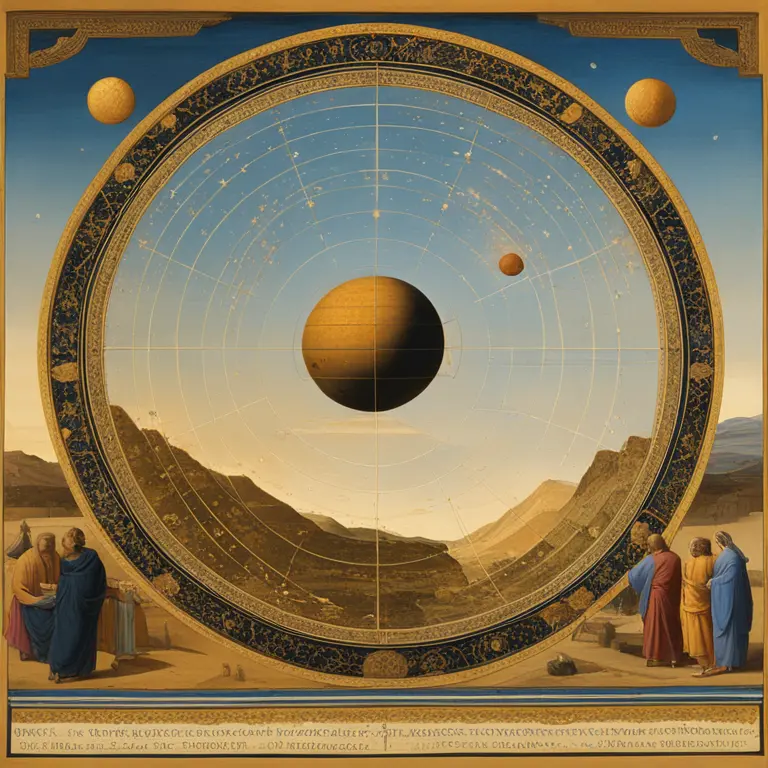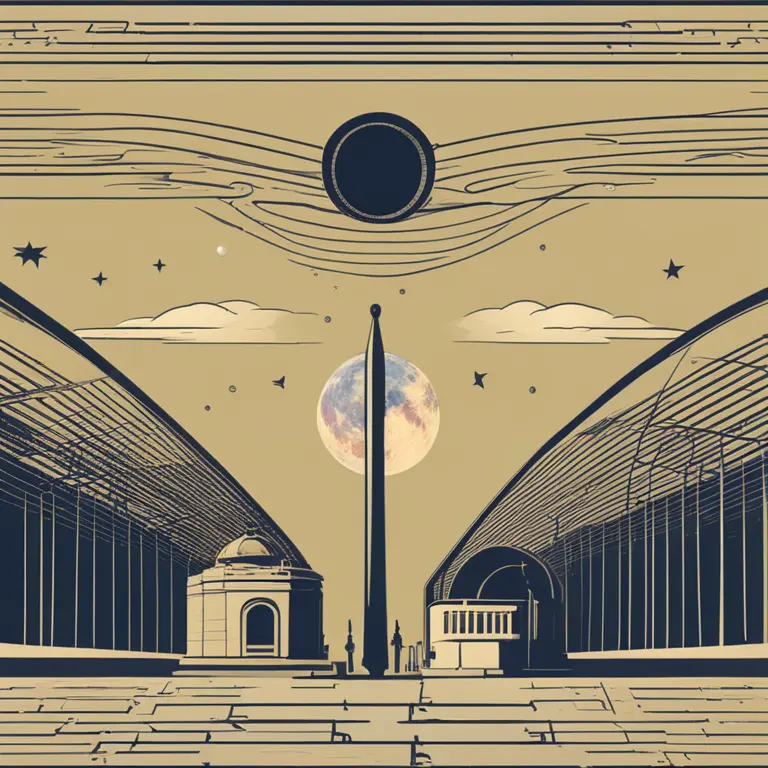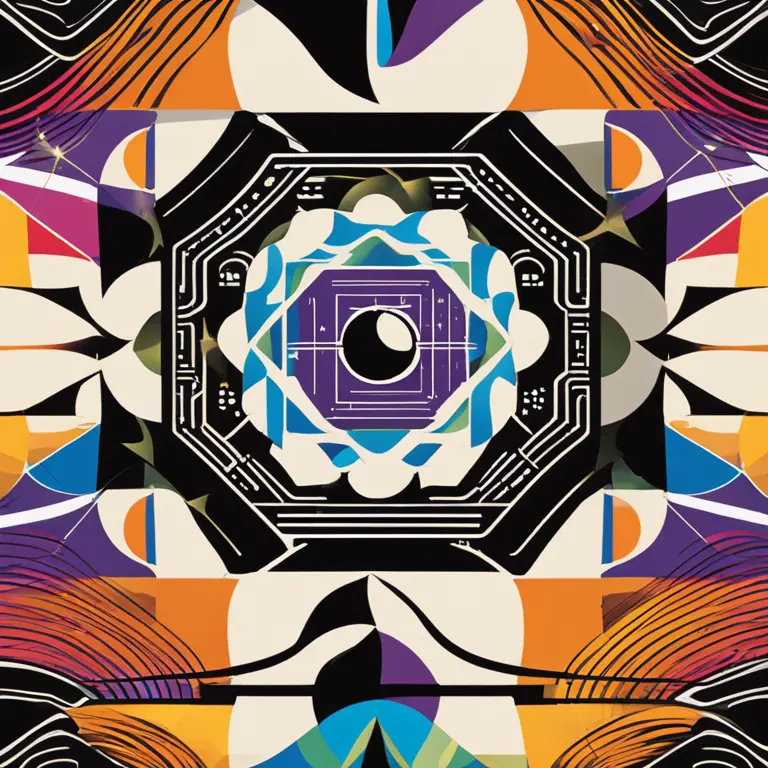
The Connection Between Astrology and Astronomy
Discover how astrology and astronomy share a historical background yet diverge in their modern-day applications and beliefs.
article by Priya Deshmukh
A Shared Heritage
For centuries, astrology and astronomy were intertwined, considered one and the same. Ancient civilizations looked to the stars, seeking to understand and predict phenomena that would affect their daily lives. Astrology, which interprets celestial bodies' influence on human affairs, and astronomy, which studies those bodies and the universe's structure, share a common ancestry. The Babylonians, who developed one of the earliest known forms of astrology, were also meticulous recorders of celestial events. Even the revered scholars of Classical Greece and the Islamic Golden Age made no clear distinction between the two, incorporating both astrological practices and astronomical observation into their understanding of the cosmos.

Paths Diverge
The scientific revolution of the 16th and 17th centuries marked a turning point where astrology and astronomy began to part ways. As empirical evidence became the cornerstone for understanding the natural world, astronomy grew into a rigorous science. Meanwhile, astrology's lack of verifiable methodologies caused it to drift away from the scientific community. Today, astronomy is a well-established science, driven by observation, mathematics, and physics to explore and explain the universe. On the other hand, astrology remains a belief system, rooted in tradition and symbolism, where the positions of celestial bodies at the time of birth are said to influence personality and life events.

Cultural Resurgence
Despite their differences, the dawn of the digital age brought an astrology resurgence in popular culture. Social media, horoscope apps, and compatibility tests have woven astrology back into the fabric of everyday conversation, particularly among younger generations. This renaissance often plays out in tandem with the consumption of astronomical discoveries and space exploration news, suggesting a continued fascination with the cosmos whether for scientific or personal insight. Astronomy's advancements – from the first image of a black hole to the exploration of Mars – serve to deepen our wonder at the universe, which, in turn, feeds a human desire for connection sought by some through astrology.

Methodology and Validation
The fundamental difference between astronomy and astrology today lies in their approach to study and validation. Astronomy employs the scientific method, where hypotheses are rigorously tested and results peer-reviewed. New technologies such as the James Webb Space Telescope have expanded astronomers' capabilities to gather data and test theories with unprecedented detail. Astrology, however, does not adhere to these scientific standards. Its methods are not empirically tested but based on tradition and subjective interpretation. Astrologers create profiles and forecasts using complex charts, but these cannot be validated using scientific procedures as those employed in astronomy.
Societal Influence and Acceptance
Astrology's impact on society is complex and multifaceted. Some view it as a harmless entertainment or as a means to reflect on personal choice and identity, while others deeply integrate astrological concepts into their lives. In contrast, the influence of astronomy is chiefly academic and practical, contributing to advances in technology, navigation, and our understanding of physics. Governments and scientific bodies fund astronomical research, which is internationally recognized and acclaimed. Astrology's acceptance, however, remains more subjective and is not underpinned by scientific funding or formal accreditation.
Conclusion
In sum, astrology and astronomy are related through their historical roots but are no longer considered the same discipline. Astronomy has become a rigorous science with a focus on understanding the physical universe, while astrology stands as a symbolic system that offers personal and psychological guidance to its followers. Their paths may have diverged, but the human fascination with the stars remains a point of convergence, continuing to inspire awe, curiosity, and reflection on our place in the cosmos.
Published: 1/12/2024
Modified: 1/12/2024
More predictions
Come back here soon to learn more about yourself and your future


Do Zodiac Signs Reflect Your True Self?
Discover the connections between zodiac signs and personality traits in this insightful look into astrology's relevance to our lives.


The Historical Journey of Zodiac Signs
Embark on a historical journey to discover the inception of the zodiac signs and their influence on astrology today.


Zodiac Sign Compatibility Handbook
Discover the astrological insights into which zodiac signs harmonize in love, friendship, and life with our Zodiac Sign Compatibility Guide.